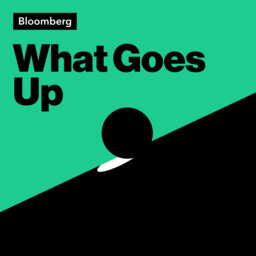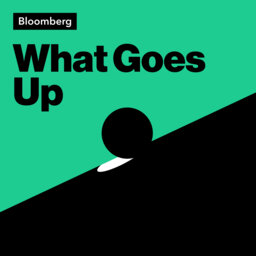A Soft Landing Is Getting Harder
Princeton University’s Alan Blinder is one of the most prominent economists to have expressed optimism that the Federal Reserve can engineer a so-called “soft landing” for the US economy—taming inflation without triggering a recession.
But Blinder, who served in the 1990s as a vice chair of the Fed and a member of the president’s Council of Economic Advisers, explains on this episode of What Goes Up why he’s toned down his assessment. A big reason is the change in the way the Bureau of Labor Statistics adjusts inflation data for seasonal factors, he says. The result is that, while inflation moderated in the second half of 2022, it didn’t cool off as quickly as previous data indicated.
Blinder says that means there’s reason to expect more rate hikes from the Fed. “I think they still have a chance” at a soft landing, he concludes, “but it's a tougher chance than it was.”
 What Goes Up
What Goes Up


